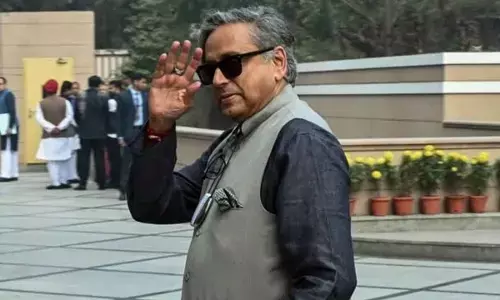RBI cautions States against reverting to OPS

Mumbai: The Reserve Bank has sounded a note of caution on reversion to the old pension scheme (OPS) by some states, saying it poses a major risk on the "subnational fiscal horizon" and would result in accumulation of unfunded liabilities in the coming years for them.
The observations in the RBI's Report titled 'State Finances: A Study of Budgets of 2022-23' comes in the backdrop of Congress-ruled Himachal Pradesh becoming the latest state announcing reverting to the Dearness Allowance (DA) linked Old Pension Scheme (OPS).
Earlier, governments of Rajasthan, Chhattisgarh, and Jharkhand informed the central government and the Pension Fund Regulatory and Development Authority (PFRDA) about their decision to restart the OPS for their employees. The government of Punjab on November 18, 2022 too had issued a notification regarding implementation of the OPS for the state government employees who are presently being covered under the NPS. In 2004, the Union government came out with the National Pension System (NPS), a defined contribution pension scheme replacing the old pension scheme.
"A major risk looming large on the subnational fiscal horizon is the likely reversion to the old pension scheme by some states. The annual saving in fiscal resources that this move entails is short-lived," the RBI report said. By postponing the current expenses to the future, the report said states risk the accumulation of unfunded pension liabilities in the coming years. Under the old pension scheme, employees get a defined pension. Under this, an employee is entitled for a 50 per cent amount of the last drawn salary as pension.
However, the pension amount is contributory under the National Pension System, which is in effect from 2004. Several economists too have expressed concern over reverting to the OPS saying it would put stress on states' finances. Former Deputy Chairman of the erstwhile Planning Commission Montek Singh Ahluwalia recently spoke against bringing back the OPS, saying it is one of the biggest 'revadis'.

















